The Hanoi Department of Education and Training has just issued a document requesting schools to strictly implement the content of Circular No. 29 regulating extra teaching and learning.
The Hanoi Department of Education and Training has just issued a document guiding the teaching and learning of extra classes in schools. Specifically, the Department requests the Department of Education and Training, schools, general education institutions, and vocational training centers to strictly implement the contents of Circular No. 29 of the Ministry of Education and Training regulating extra classes and extra classes.
The Department also requires localities and educational institutions to disseminate and propagate to cadres, teachers, staff, students and parents the regulations on extra teaching in accordance with regulations. During the implementation process, if there are any difficulties or problems, the institutions must promptly inform the Department through the Secondary Education Department.
Previously, the Ministry of Education and Training issued Circular 29 regulating extra teaching and learning, which stated cases where extra teaching and extra learning are not allowed. Specifically, teachers and schools are not allowed to organize extra teaching for primary school students, except in cases related to training in arts, sports , and life skills training.
Teachers who are teaching at schools are also not allowed to teach extra classes outside of school for money from the students they are teaching.
Teachers at public schools are not allowed to participate in the management and operation of extra-curricular teaching but can participate in extra-curricular teaching.
Regulations on extra teaching and learning in schools: Extra teaching and learning in schools is only for 3 subjects, including: Students whose study results of the last consecutive semester are not at the standard level; Students selected by the school to nurture excellent students; Final year students who voluntarily register to review for entrance exams and graduation exams according to the school's education plan.
Regarding the funding for organizing extra teaching and learning, these three subjects are the responsibility of the school to train and are included in the school's educational plan to meet the school's educational goals, ensuring the rights of all students to meet the program's requirements and not collect tuition fees from students.
Extra classes are arranged by subject for each grade; each class has no more than 45 students; in a week, each extra subject has no more than 2 periods (to ensure that it does not exceed the average number of periods of subjects according to the regulations of the general education program); extra teaching hours are not arranged alternately with the schedule of implementing the main curriculum (to limit the negative effect of forcing students to take extra classes); extra teaching content is not taught in advance compared to the distribution of the subject curriculum in the school's education plan...
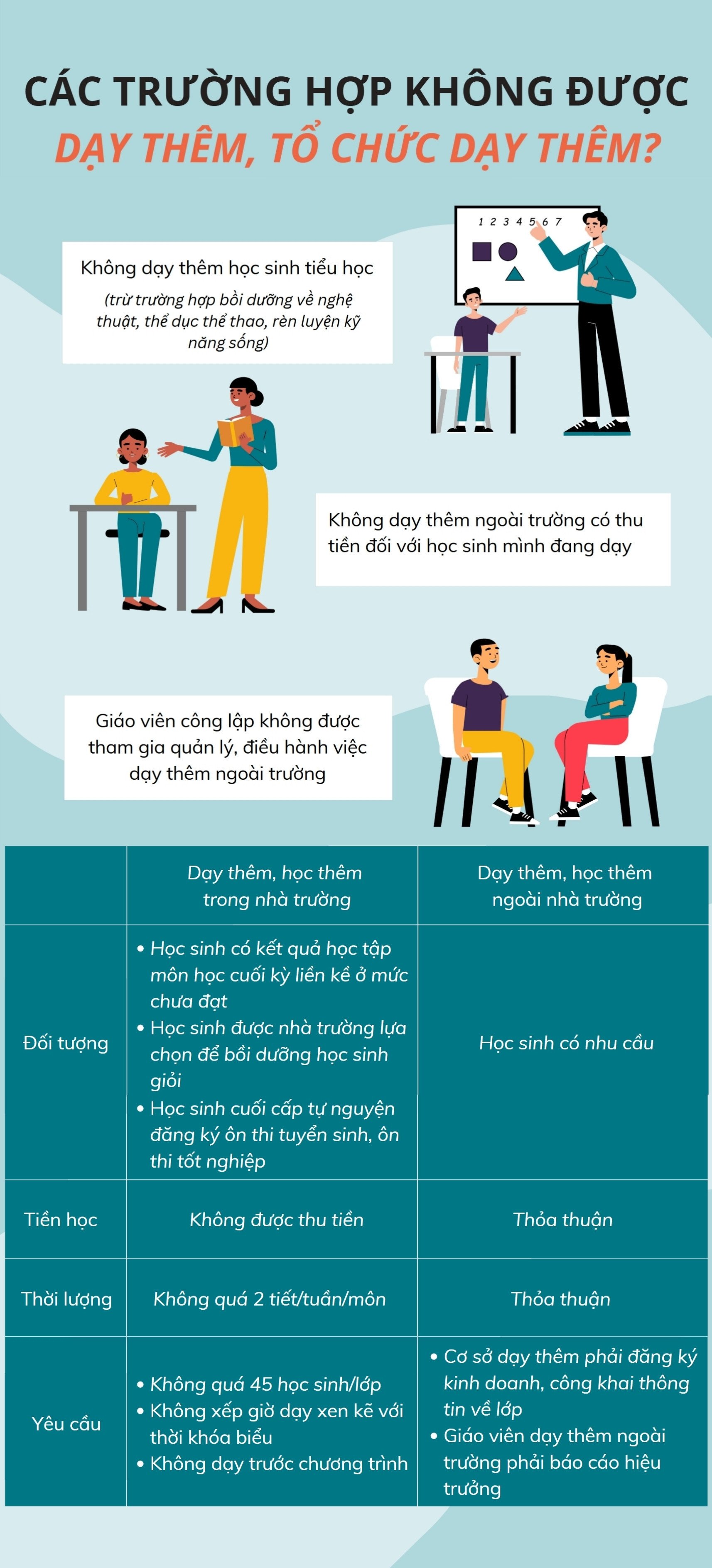
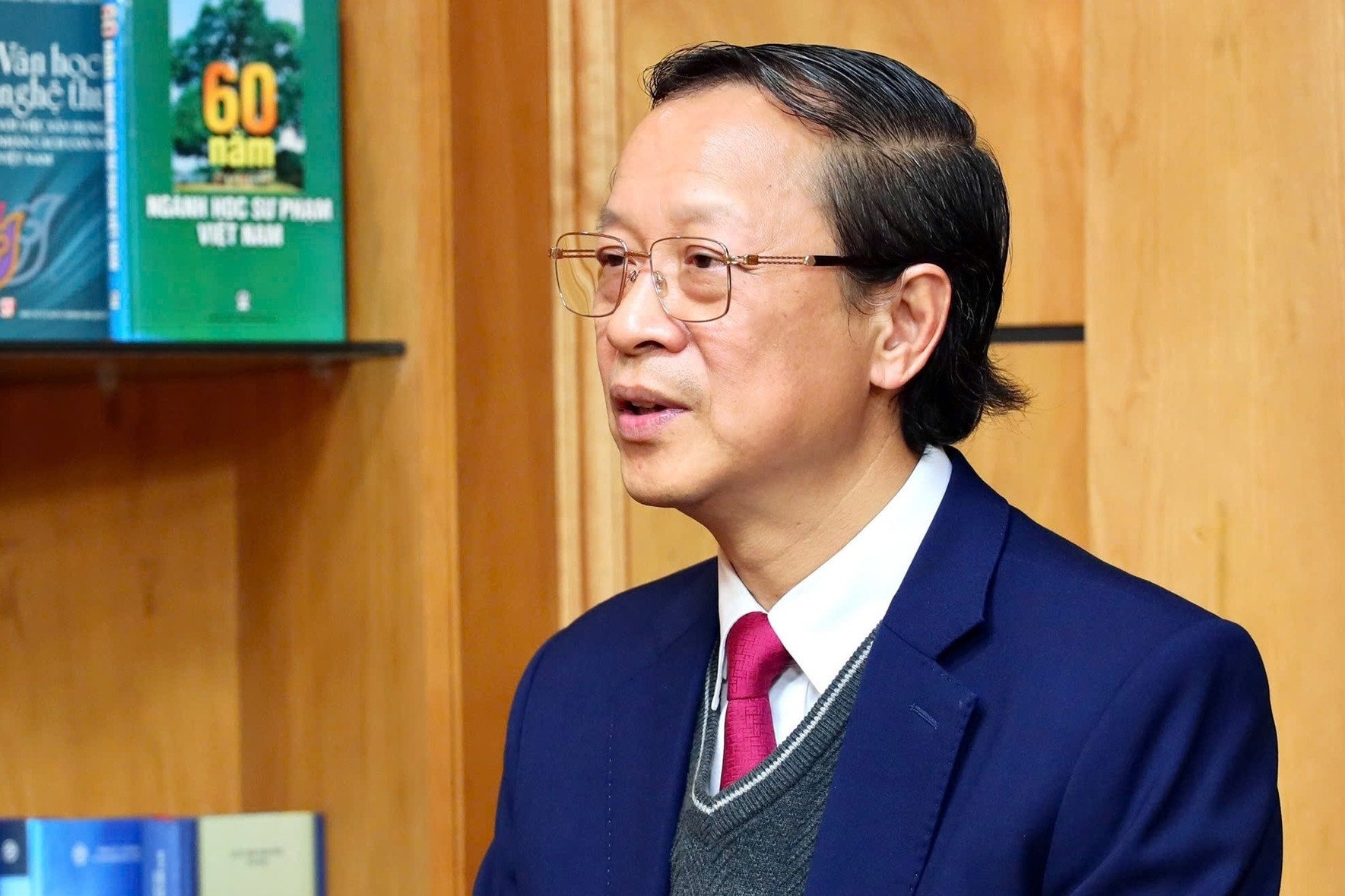
'The Ministry of Education and Training's view is to move towards schools without extra classes'
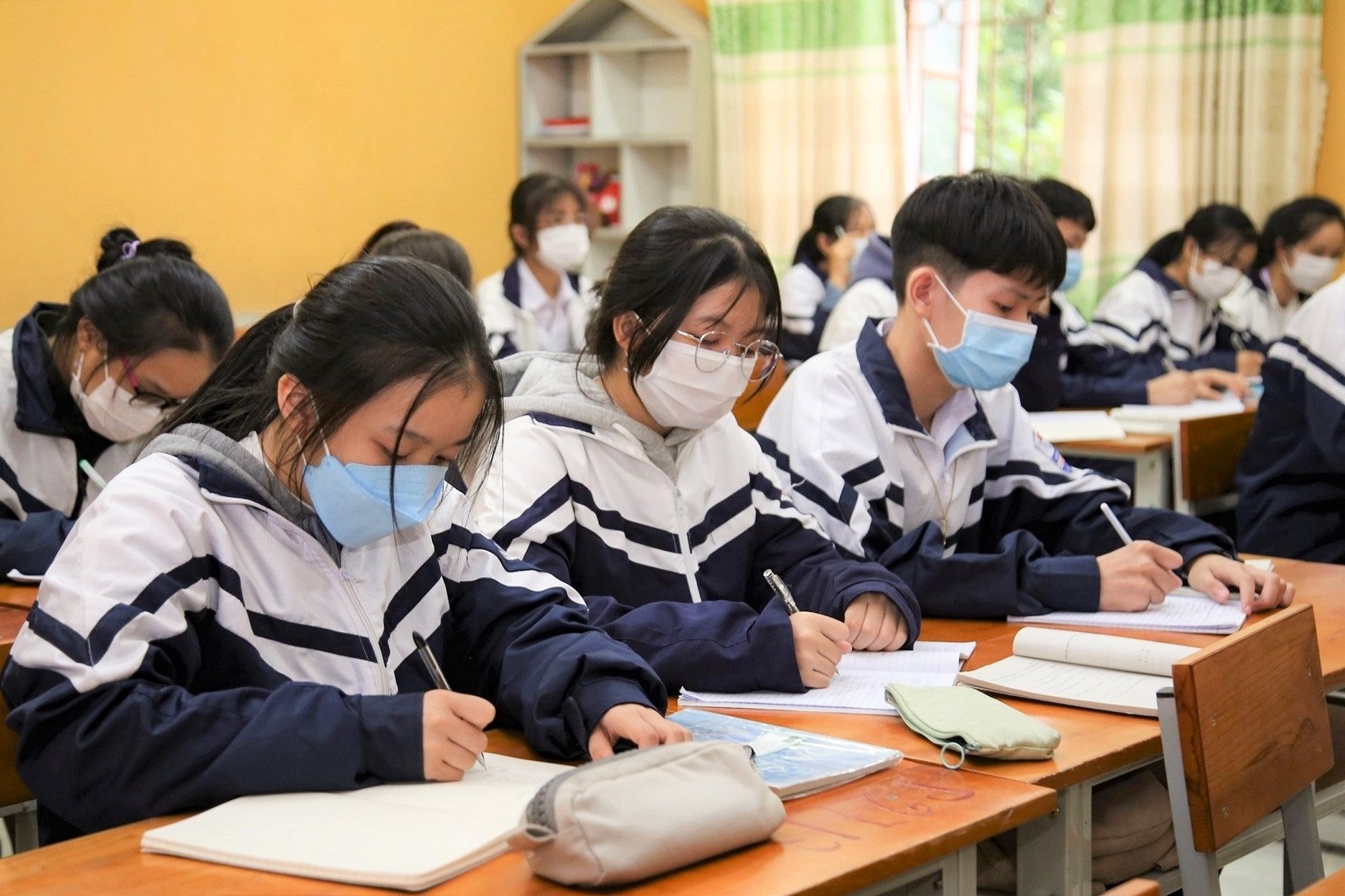
Stop teaching extra classes: Principal has a headache finding a solution to 'solve the problem'
Source: https://vietnamnet.vn/so-gd-dt-ha-noi-huong-dan-day-hoc-them-2370455.html








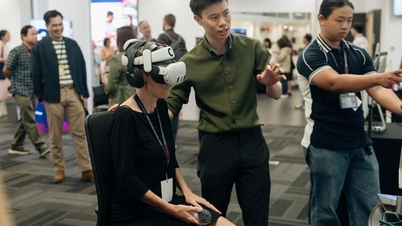

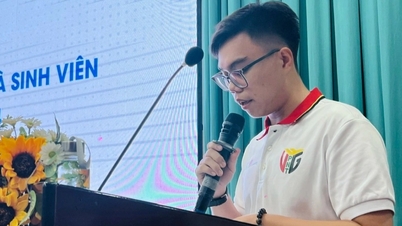

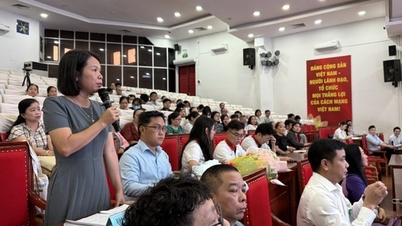




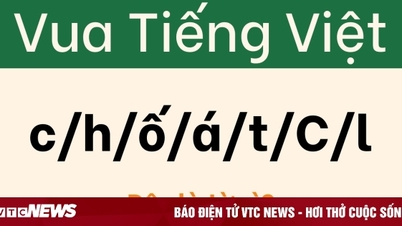





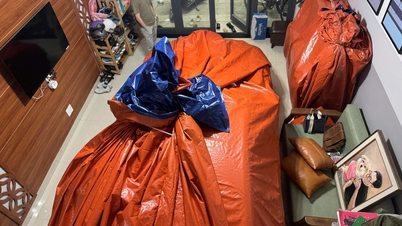


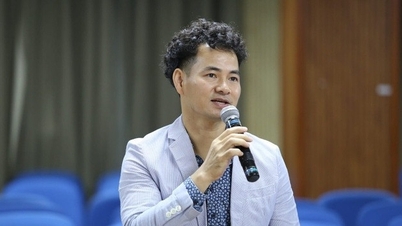
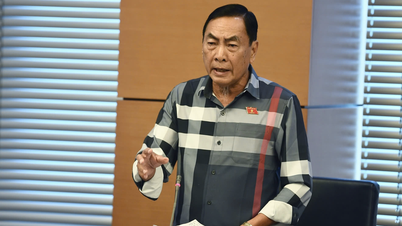







































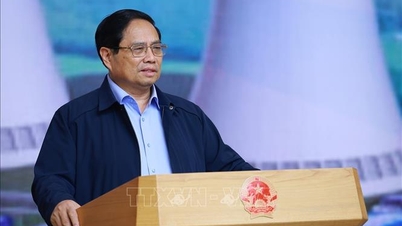





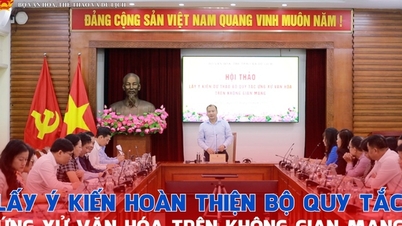
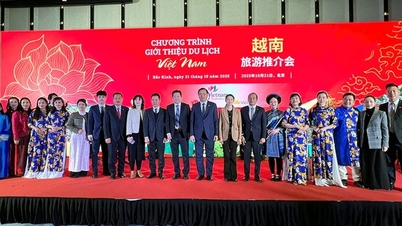
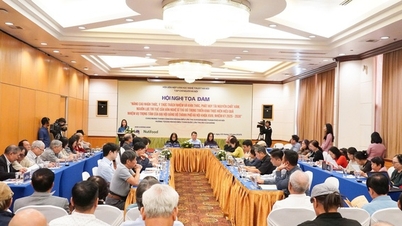
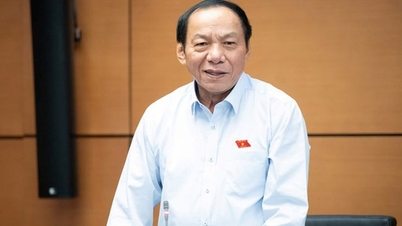
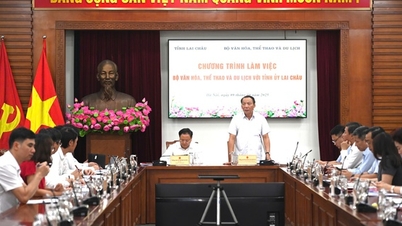
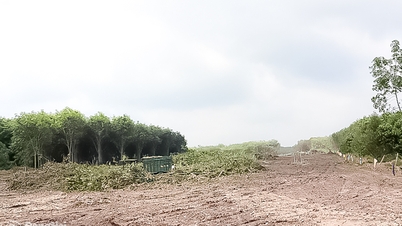

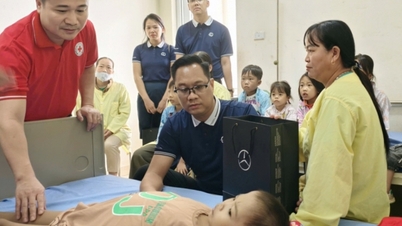

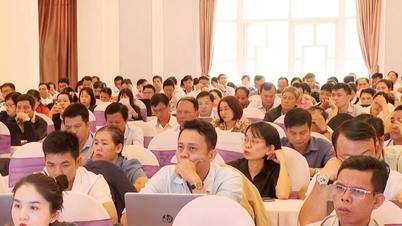

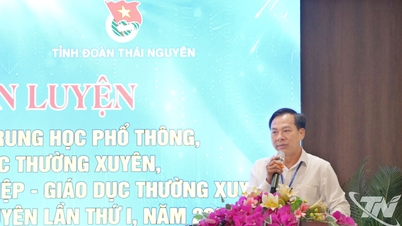


















Comment (0)